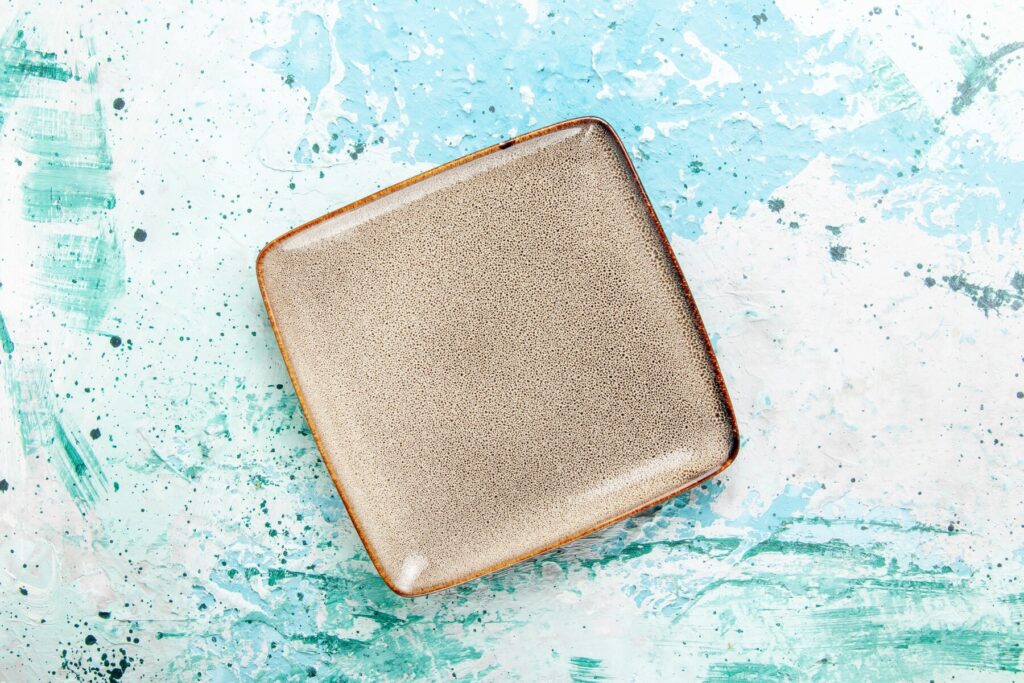The modern business landscape is increasingly driven by environmental sustainability and the demand for eco-friendly practices. Companies are striving to reduce their carbon footprint, and one way they are achieving this is by incorporating renewable and biodegradable materials into their operations. One of the most innovative and sustainable materials being utilized is thermoformed molded fiber. This versatile and eco-friendly material offers a range of benefits that align with businesses’ goals to enhance sustainability without compromising functionality.
In this article, we will explore the many ways thermoformed molded fiber is revolutionizing industries and enabling companies to adopt eco-conscious solutions. From sustainable packaging to innovative product designs, this material is becoming a top choice for organizations aiming to meet customer expectations and environmental regulations.
What is Thermoformed Molded Fiber and How Is It Made?
Thermoformed molded fiber is an innovative, sustainable material made primarily from renewable resources like recycled paper and other biodegradable plant-based materials. This unique material is created through a specialized process that combines heat, pressure, and water to form a variety of shapes and designs. The production process is energy-efficient and creates a low environmental footprint, making it a perfect choice for companies seeking green alternatives.
The process of making thermoformed molded fiber begins with the recycling of paper waste or the use of sustainably sourced materials. These raw materials are mixed with water and pressed into molds using heat and pressure. Once the material is molded into the desired shape, it is dried and hardened, creating durable, biodegradable, and versatile products. This process reduces the need for plastic, which has a far greater environmental impact due to its non-biodegradable nature.
Sustainable Packaging Options with Thermoformed Molded Fiber
One of the most significant advantages of thermoformed molded fiber is its role in replacing traditional plastic packaging with sustainable alternatives. Many industries, such as food service, e-commerce, and consumer goods, are under pressure to reduce plastic waste. This is where thermoformed molded fiber packaging comes into play. It is a biodegradable, renewable, and versatile solution that offers the same protective qualities as traditional packaging but without harming the environment.
From food containers to protective packaging for fragile items, thermoformed molded fiber provides businesses with options that align with sustainability goals. It can be customized into various shapes and sizes, making it ideal for single-use packaging that can easily decompose in composting conditions. Additionally, businesses can utilize this material to meet growing consumer demand for environmentally responsible packaging, thereby improving brand image and meeting corporate social responsibility goals.
The Role of Thermoformed Molded Fiber in the Food and Beverage Industry
The food and beverage industry is one of the largest contributors to waste, with single-use plastic containers and packaging being significant contributors. However, thermoformed molded fiber offers an innovative and environmentally responsible solution. Businesses in this industry can utilize this sustainable material for food containers, cutlery, trays, and other disposable items. With its biodegradable properties, thermoformed molded fiber provides a greener alternative to traditional plastic containers while ensuring food safety and hygiene.
Thermoformed molded fiber’s natural resistance to heat and its durability make it an ideal choice for food packaging. Whether it’s used for hot food containers, takeout trays, or disposable coffee cup holders, this material provides both functionality and sustainability. By investing in thermoformed molded fiber solutions, food companies can reduce waste, improve their environmental impact, and meet consumers’ increasing demand for eco-conscious options.
Thermoformed Molded Fiber Applications in the Consumer Goods Industry
The versatility of thermoformed molded fiber allows it to be used across a wide range of industries beyond packaging, such as consumer goods manufacturing. This renewable material can be molded into different shapes and sizes, making it an effective solution for product design and development. Many companies are now opting for thermoformed molded fiber to replace non-renewable and non-biodegradable components in their product offerings.
For instance, the consumer goods industry uses thermoformed molded fiber to create sustainable alternatives for items like electronic packaging, disposable tableware, and even structural components. The ability to create unique shapes with high strength, durability, and biodegradability allows companies to design innovative products that align with sustainability goals. These consumer goods are meeting both consumer demands for sustainability and business needs for innovative product development.
The Long-Term Business Benefits of Adopting Thermoformed Molded Fiber
While implementing thermoformed molded fiber in business solutions offers numerous environmental benefits, it also provides long-term strategic advantages for companies. Firstly, businesses adopting sustainable practices are better equipped to meet evolving environmental regulations and standards. With governments and policymakers implementing stricter rules around plastic usage, companies that integrate thermoformed molded fiber into their supply chain can avoid noncompliance penalties and position themselves as environmental leaders.
Moreover, using thermoformed molded fiber supports a positive brand image and fosters consumer trust. Modern consumers are increasingly focused on sustainability and are more likely to support companies that demonstrate a commitment to environmental responsibility. By integrating eco-conscious materials like thermoformed molded fiber, companies can differentiate themselves in a crowded market while also contributing positively to the environment. The ability to align corporate practices with consumer values leads to loyalty, trust, and long-term growth.
Conclusion
Sustainability is no longer optional for modern businesses. The demand for innovative and eco-friendly alternatives to non-renewable materials has never been higher. Thermoformed molded fiber stands out as a sustainable, versatile, and innovative solution that is shaping industries worldwide. From food packaging to consumer goods, this material offers a unique blend of functionality, durability, and environmental responsibility.
By transitioning to thermoformed molded fiber, companies can reduce their environmental impact, meet consumer expectations, and adhere to stricter environmental policies. From its production process to its end-of-life benefits, thermoformed molded fiber represents the perfect choice for businesses committed to sustainable growth and environmental stewardship. Businesses across industries should seriously consider adopting thermoformed molded fiber solutions to remain competitive, responsible, and innovative in a sustainable future.


